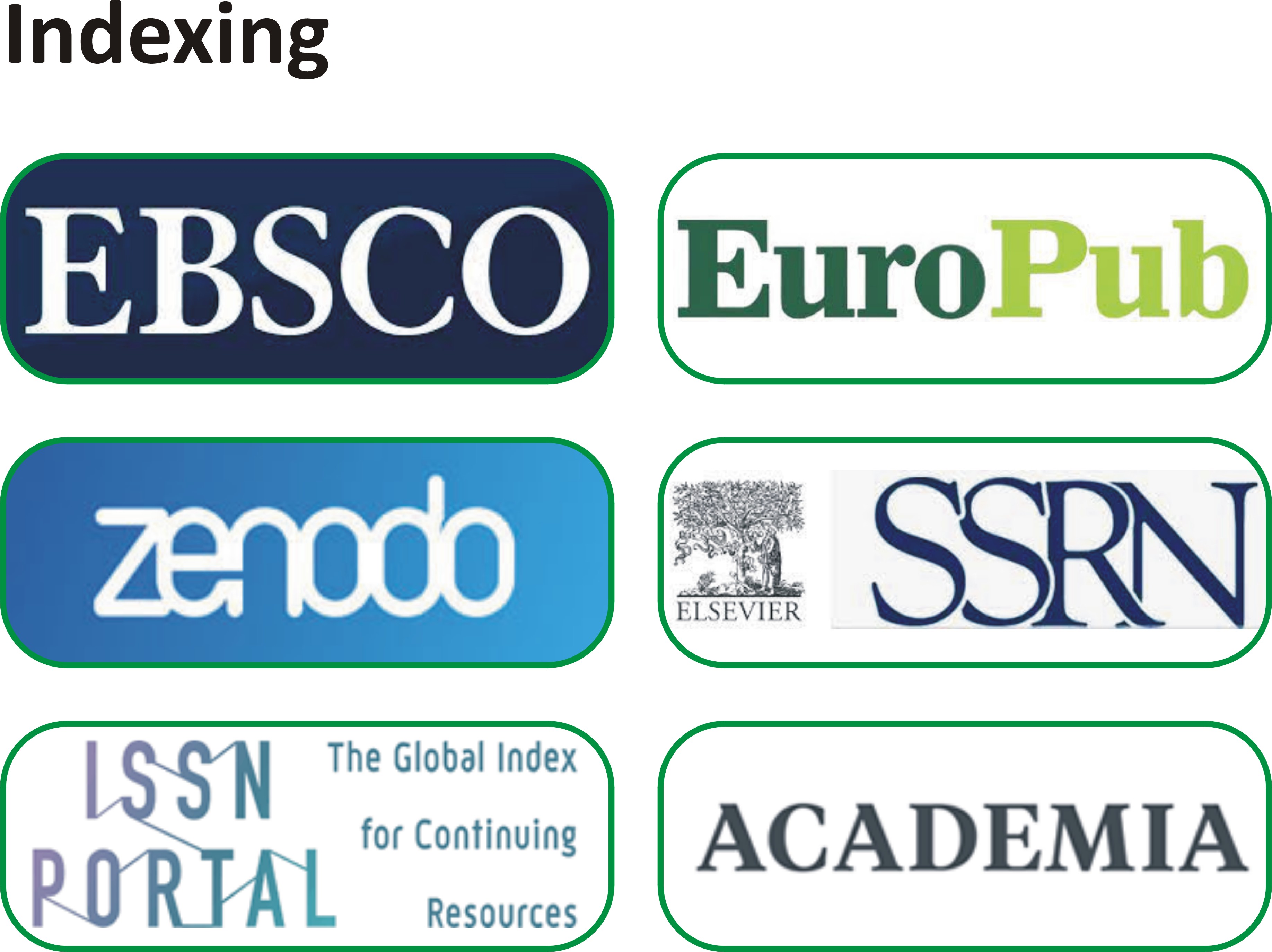Language-Power Nexus and Political Discourse: A Corpus-Assisted Critical Discourse Analysis of Pakistani Political Leaders’ Speeches at United Nations General Assembly
Abstract
In order to identify the power dynamics in political addresses delivered through Pakistani leaders in politics at the United Nations General Assembly's International Forum from first speech, the current study investigates the relationship between language and power. Prominent political figures across every of the cited decades have been chosen by the researcher. The research uses Paul Chilton's model of political speech and a conceptual framework, which was drawn from the publication "Analysing Political Discourse: Theory and Practice" (2004). His analysis of speech about politics has many facets, but while examining the chosen speeches about politics, the researcher focuses on his three-dimensional model of "physical, temporal, as well as model axes" with addition to convergent on the perspective of cognition. The information gathered or examined through corpus linguistics utilizingAntConc software (Anthony, 2013). The research's conclusions highlight the necessity and significance of Pakistan's ideological framework and its appropriate promotion at international fora in order to emphasize its position or positions on significant world trends and concerns. The employment of modal, geographical and temporal connections in speech was the focus of the present research, along with how speech is potentially controlled through their use. Under Paul Chilton's theoretical framework, a comprehensive corpus-based study is conducted, providing future scholars with valuable insights into politics or political speech.







